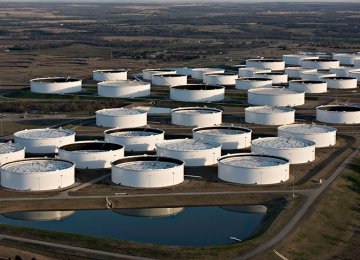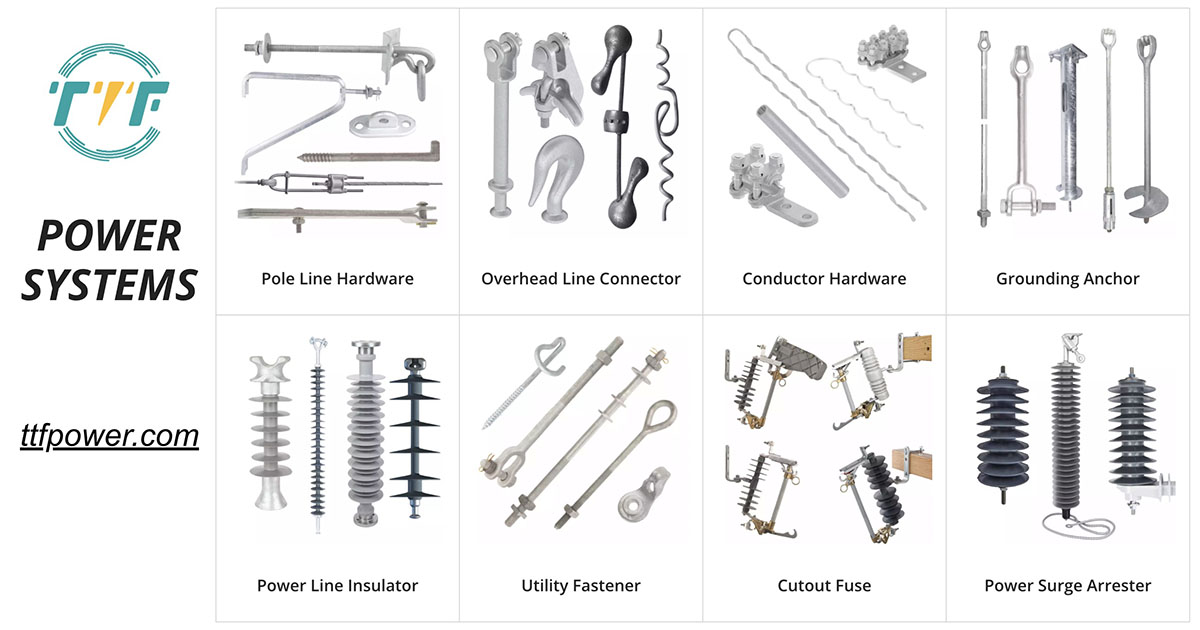
South America’s oil storage plays a crucial role in the energy infrastructure driven by increasing oil production, fluctuating demand, and the need for energy security. Large storage capacities, refined petroleum products, and petroleum reserves ensure the supply during emergencies. Oil storage plays a crucial role in the energy sector by influencing market dynamics. This helps to ensure supply chain stability and supports energy security. It also helps balance supply and demand by storing energy during periods of low demand. Oil storage facilities allow for the management of oil inventories, which can influence oil prices. It is important for maintaining a smooth and reliable energy supply chain. Oil storage can also support the integration of renewable energy sources. Insulator pins support the weight of the conductors and prevent electrical current from flowing to the support structure.
Insulator pins play a crucial role in the electrical infrastructure that supports the operations of oil storage facilities. This ensures a reliable and uninterrupted power supply essential for the efficient and safe operation of the facilities. Insulator pins provide electrical insulation between conductive elements, preventing unwanted electrical discharge to the ground. This helps maintain the integrity of high-power voltage power lines transmitting electricity from oil storage facilities to consumption areas. The pins reduce the risk of electrical hazards and ensure the safety of workers and the public. By doing so, they contribute to the safety, reliability, and efficiency of oil storage infrastructure. Oil storage provides a backup supply of energy and helps manage the intermittency of renewable energy sources. This article explores the role of oil storage in South America’s energy sector. It also looks at the importance of insulator pins in oil storage infrastructure.
Significance of insulator pins in oil storage infrastructure
Insulator pins ensure the safety, efficiency, and longevity of oil storage infrastructure. They ensure the electrical currents are properly insulated and do not pose risks to the operation of oil storage systems. Insulator pins power lines, control circuits, and lighting systems within oil storage terminals. They also support sensors and monitoring equipment to detect leaks. Discussed below are the key significance of insulator pins in oil storage.

- Preventing electrical hazards—insulator pins hold and support electrical wires while preventing electricity from leaking into surrounding structures. They reduce the risk of accidental grounding, which could disrupt operations.
- Ensuring operational efficiency—the pins help maintain a stable electrical network and ensure continuous operations. This is because most oil storage systems depend on pumps, monitoring equipment, and safety systems powered by electricity.
- Enhancing safety measures—proper insulation of electrical lines through insulator pins reduces the chances of sparks. Insulator pins help safeguard oil storage tanks and pipelines from lightning strikes.
- Supporting structural integrity—insulator pins are able to handle mechanical stresses such as the weight of electrical lines. The structural reliability helps maintain the safety and durability of oil storage infrastructure.
- Regulatory compliance—insulator pins help in meeting safety and operational standards for oil storage facilities.
The role of oil storage in South America’s energy sector
Oil storage influences production, distribution, and global market dynamics, which is important for South America’s energy sector. South America has abundant natural resources that leverage its oil storage infrastructure. Oil storage infrastructure will ensure stability, enhance export capabilities, and support economic growth. TTF Power products are used in the construction, transportation, gas and water industries. The products include construction and switching products, tools, insulators, arresters, pole line hardware, and cable accessories.The following are the key roles of oil storage in South America’s energy sector.

- Managing supply and demand—oil storage facilities allow producers to store excess oil when production outpaces consumption. Oil storage ensures a steady supply to international markets despite production disruptions.
- Enabling refining and processing—oil storage facilities supply refineries with a consistent flow of crude oil. This allows them to operate efficiently and meet domestic fuel demands. Refined products like gasoline, diesel, and jet fuel are stored before distribution to local and international markets.
- Ensuring energy security—oil storage serves as an emergency resource for South American countries to ensure energy security.
- Facilitating energy transition—oil storage facilities can be repurposed for other fuels like biofuels, hydrogen, and synthetic fuels. Some of the infrastructure can also support carbon capture and storage to reduce the carbon footprint of oil production.
- Infrastructure development—the need for advanced oil storage infrastructure brings investment in construction and maintenance. This creates jobs and boosts local economies.
- Export-oriented economies—storage facilities ensure the availability of oil shipment to key markets. They also ensure efficient loading and transportation of oil, reducing delays in export operations
